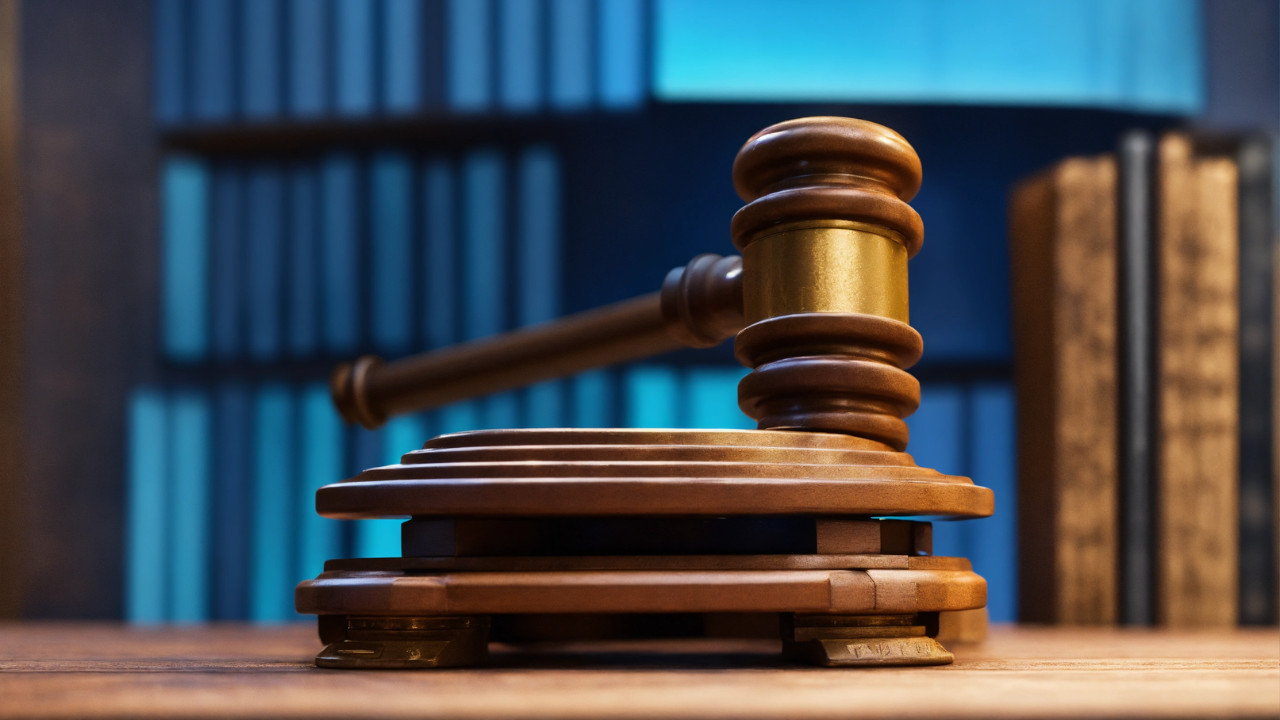Washed Out? Clorox Battles Cognizant Over Cyberattack Fallout
The scent of lemon-fresh disinfectant usually evokes feelings of cleanliness and order. But for Clorox, that familiar aroma is currently mixed with the acrid smell of legal dispute. The iconic US bleach and cleaning product giant is taking on IT services provider Cognizant in a lawsuit stemming from a devastating cyberattack that crippled Clorox’s operations back in 2023.
The attack, which brought Clorox’s systems to a grinding halt, resulted in significant financial losses. But this isn’t just about recovering those losses; it’s about accountability. Clorox alleges that Cognizant, responsible for managing key parts of their IT infrastructure, failed to provide adequate cybersecurity protection, essentially leaving the door open for the cybercriminals to waltz right in.
The Dirty Details: What Happened?
The timeline, as outlined in the lawsuit, paints a picture of a company struggling to regain its footing after a brutal digital assault. Clorox reported the cyberattack in August 2023, revealing that it had severely disrupted operations. Orders went unfulfilled, production lines stalled, and the company’s overall ability to function was significantly hampered. The financial repercussions were swift and substantial.
But the problem, according to Clorox, isn’t just the attack itself, it’s the alleged negligence that allowed it to happen. The lawsuit claims Cognizant knew, or should have known, about the vulnerabilities in Clorox’s systems, and that their failure to implement proper security measures directly contributed to the success of the attack. It’s a harsh accusation, suggesting a serious breach of trust and professional responsibility.

Pointing Fingers: Who’s Responsible for Cybersecurity?
At the heart of this legal battle lies a critical question: who bears the ultimate responsibility for cybersecurity in an era where companies increasingly rely on third-party IT providers? Clorox’s argument suggests that Cognizant, as the entrusted caretaker of their IT infrastructure, had a duty to protect them from foreseeable threats. The lawsuit claims Cognizant failed to meet industry standards and contractual obligations regarding cybersecurity, leaving Clorox exposed and vulnerable.
Cognizant, on the other hand, is likely to argue that Clorox shares some responsibility for its own security posture. They might contend that Clorox failed to adequately communicate its security needs or implement its own internal security protocols. The legal proceedings will likely involve a deep dive into the contractual agreements between the two companies, scrutinizing the specific responsibilities assigned to each party regarding cybersecurity.
This case underscores the growing importance of clear and comprehensive cybersecurity agreements between companies and their IT service providers. As businesses become increasingly reliant on external vendors for IT support, defining roles and responsibilities for cybersecurity becomes absolutely crucial. This goes beyond just ticking boxes; it requires a collaborative approach where both parties actively work together to identify and mitigate potential risks.
Ripple Effects: The Broader Implications of a Cybersecurity Lawsuit
The Clorox-Cognizant lawsuit has implications that extend far beyond these two companies. It serves as a stark reminder of the potential consequences of inadequate cybersecurity measures and the importance of holding IT service providers accountable for their role in protecting their clients’ data and systems.
If Clorox prevails, it could set a precedent for future cases involving cyberattacks and third-party negligence. Other companies that have suffered similar breaches may be emboldened to pursue legal action against their IT providers, seeking compensation for damages and demanding greater accountability. Conversely, a victory for Cognizant could reinforce the idea that companies bear ultimate responsibility for their own cybersecurity, even when relying on external vendors for support.
This case also highlights the need for businesses to carefully vet their IT providers and ensure they have robust cybersecurity practices in place. Due diligence is no longer a luxury; it’s a necessity. Companies must ask tough questions about their providers’ security protocols, demand regular audits, and insist on clear and transparent reporting. For more on securing your business, check out our [guide to small business cybersecurity best practices](internal_link_to_cybersecurity_guide).
Cleaning Up the Mess: A Long Road Ahead for Cybersecurity
The legal battle between Clorox and Cognizant is likely to be a long and complex one. But regardless of the outcome, it serves as a valuable lesson for all businesses operating in today’s increasingly interconnected and threat-filled digital landscape. Investing in robust cybersecurity measures is no longer optional; it’s a fundamental requirement for survival. The stakes are simply too high to ignore. The lawsuit’s resolution will undoubtedly shape how businesses approach cybersecurity and third-party vendor relationships for years to come.







